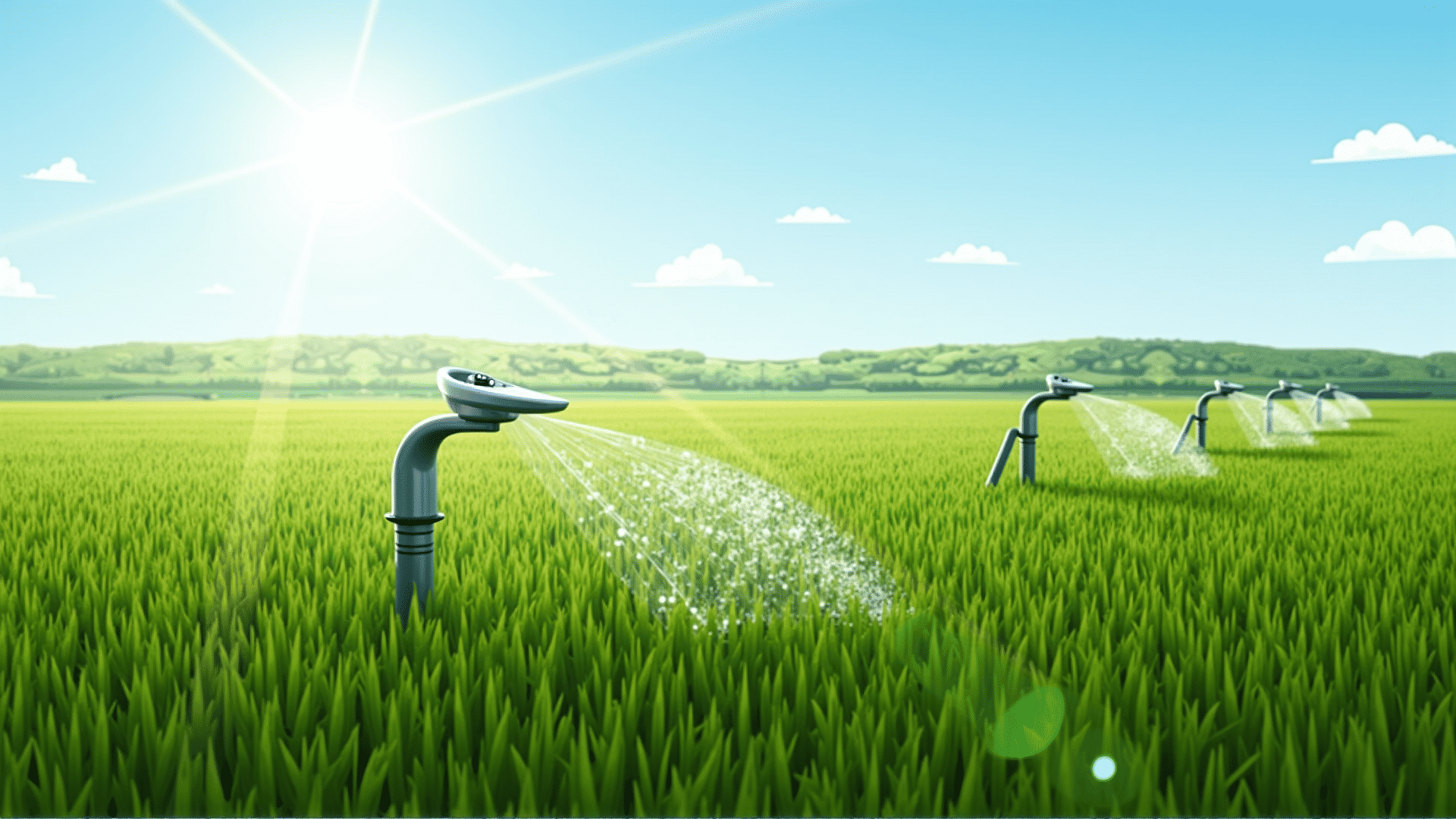In recent years, the agriculture industry has faced the pressing challenge of balancing the need for increased food production with the imperative to conserve water resources. Enter smart irrigation systems—an innovative solution designed to address this critical issue. By harnessing the power of artificial intelligence, these systems optimize water usage while enhancing crop yield, thus serving as a pivotal tool for modern farming.
At the heart of smart irrigation systems are advanced AI algorithms that integrate data from various sources, including weather forecasts, soil moisture levels, and plant-specific needs. These algorithms analyze the data in real-time to determine the precise amount of water each section of a farm requires, ensuring that every drop is used efficiently. This meticulous approach not only reduces water waste but also promotes healthier plants, leading to increased crop yields.
An essential feature of smart irrigation systems is their adaptability. Unlike traditional irrigation methods, which often apply a one-size-fits-all approach, AI-driven systems tailor irrigation schedules to the unique conditions of each plot of land. For instance, fields that are predisposed to hold more moisture due to their topography or soil type receive less water, while areas that dry out more quickly are supplied with more frequent irrigation.
Furthermore, these systems often come equipped with remote monitoring capabilities, enabling farmers to oversee and adjust irrigation practices from anywhere in the world via their smartphones or computers. This convenience not only saves time but also empowers farmers to make informed decisions that lead to resource conservation and improved crop management.
Another significant benefit of smart irrigation systems is their environmental impact. By minimizing excess water usage, these systems help reduce the energy consumption associated with water pumping and distribution. This reduction is crucial in decreasing the carbon footprint of agricultural practices, contributing to more sustainable farming operations that are environmentally friendly.
Despite the upfront investment required to implement smart irrigation systems, the long-term benefits make them an economically viable option for many farmers. The reduction in water usage translates to lower utility costs, and the potential for higher crop yields enhances profitability. Additionally, farmers may benefit from financial incentives or subsidies offered by governments or environmental organizations aiming to promote sustainable farming practices.
As the global population continues to rise, the demand for effective and efficient agricultural solutions will only grow. Smart irrigation systems are proving to be a transformative development in this regard, offering a sustainable pathway to meet the challenges of modern agriculture. By optimizing water usage and enhancing crop yield through the power of AI, these systems represent a forward-thinking approach to ensuring food security and preserving our planet's precious resources.
